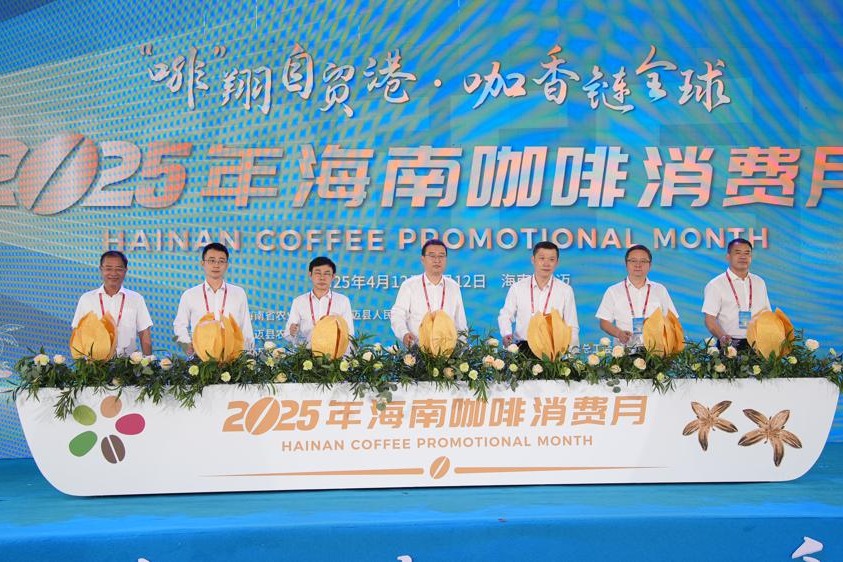AI data training supported by domestic chips, supercomputers

China is making progress in leveraging supercomputers and domestic artificial intelligence chips for the training of AI data, as it copes with the restrictions imposed by the United States on exports of US company Nvidia's most advanced AI chips to the country, experts and company executives said.
Their comments came after China Mobile said on Sunday that its AI computing center, the largest of its kind among global telecom operators, had become operational in Hohhot, Inner Mongolia autonomous region, and more than 85 percent of the AI chips used in the center are domestic ones.
Zheng Weimin, an academician of the Chinese Academy of Engineering, told China Daily that China is so far home to 14 national-level supercomputer centers.
Through coordinated hardware and software design, these resources can be leveraged for the training and inference of data for large language models, a key technology behind generative AI applications such as ChatGPT, he said.
A team led by Zheng has conducted AI training on two large language models, such as LLAMA 7B, by using a domestically developed supercomputer. The training "has achieved results aligned with those from training on Nvidia's chip platforms, but at only one-sixth of the cost of renting Nvidia chips", Zheng said.
The remarks came as the prices of Nvidia's most advanced AI chips surged in China after the US tightened export restrictions.
Kang Bo, head of the data intelligence department at the National Supercomputer Center in Tianjin, told China Daily that "domestic supercomputers do have a cost advantage in terms of usage, as Nvidia chips' power consumption and prices become very high".
The supercomputer center in Tianjin unveiled an in-house large language model, Tianhe Tianyuan, last May by leveraging its supercomputing power. The center is renowned for developing and deploying China's top-ranking supercomputers, including the world-renowned Tianhe-1, Kang said.
"Our supercomputer can handle both scientific and AI computing, including precise reasoning. We can utilize this integrated supercomputing system to accomplish tasks which previously required multiple systems to switch between. This is our advantage," he added.
The Ministry of Science and Technology has granted the center permission to set up a national public computing open innovation platform for next-generation AI, to expand its cooperation with more parties, Kang said.
Earlier this month, the center said it had found partners to promote the application of Tianhe Tianyuan in industries such as medical research, public security, customs and environmental protection.
Kang said that on the basis of the Tianhe Tianyuan, the center has developed a "hospital AI brain" in collaboration with partners, which can help doctors assess diseases and provide treatment recommendations.
On top of leveraging supercomputers for AI training, more Chinese companies are using domestic AI chips at their data centers.
Gao Tongqing, deputy general manager of China Mobile, said the company will commercialize three AI computing clusters this year, housing nearly 60,000 domestic AI chips, or graphics processing units, in total. They will help meet China's skyrocketing demand for AI training of large language models in a wide range of industries such as transportation, healthcare, education and finance, Gao added.
Zhang Ping'an, CEO of Huawei Cloud, Huawei's cloud computing arm, which has developed in-house AI chips, said that as the US government tightens chip technology exports, it is almost impossible for the Chinese mainland to access 3-nanometer or 5-nanometer semiconductor manufacturing processes, the two most advanced technologies which have already been commercialized overseas.
"We should utilize our advantages in bandwidth and energy to compensate for the deficiencies in our chips and circumvent the restrictions," Zhang said.
Contact the writers at masi@chinadaily.com.cn
?




































